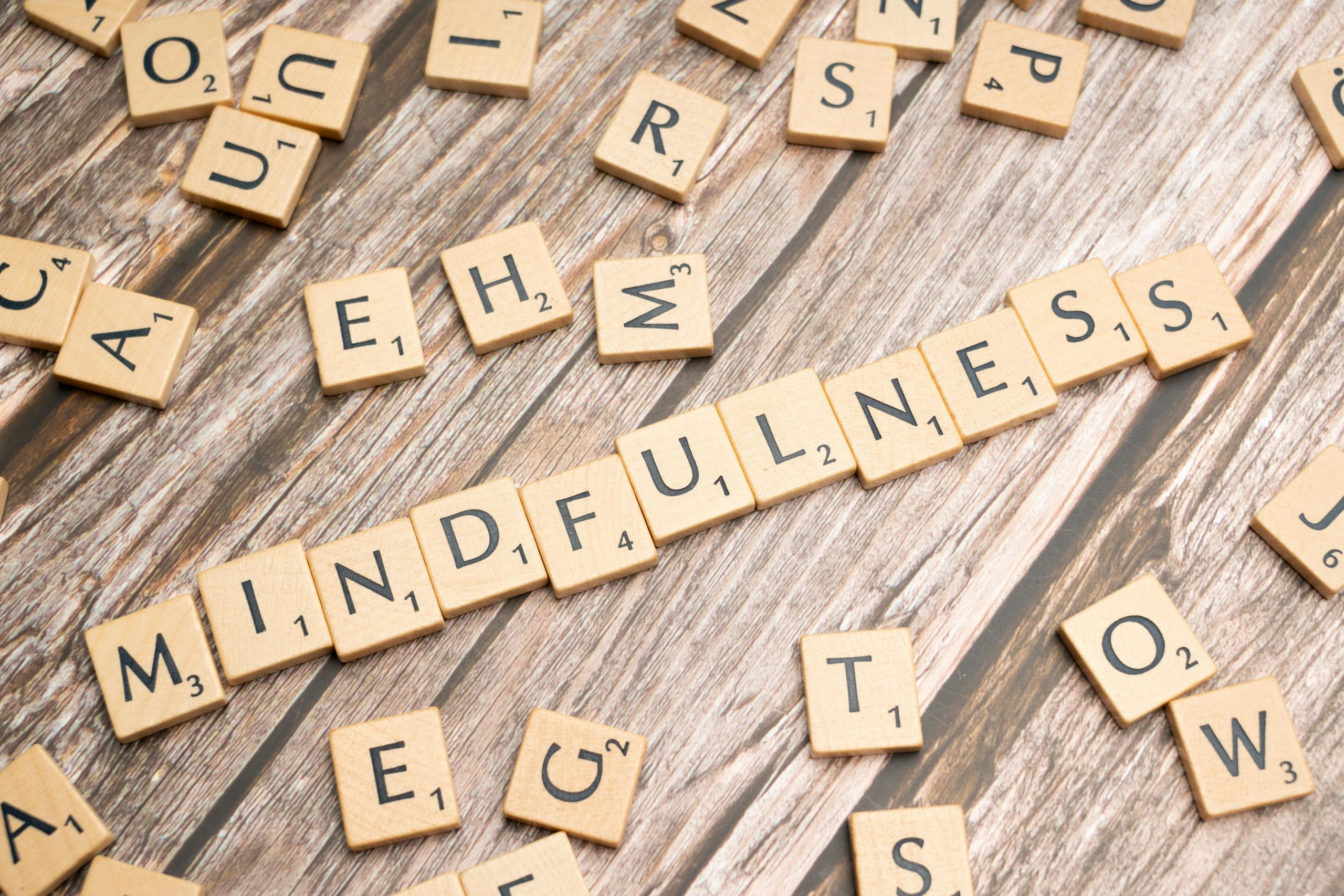Mindfulness Practices to Reduce Performance Anxiety

Performance anxiety can affect anyone, whether it’s during intimacy, at work, in social settings, or in any situation where pressure to “perform” feels overwhelming. The physical symptoms, like racing heart, shallow breathing, tension, or intrusive thoughts, can make even simple moments feel difficult. When it comes to sexual or relational performance, these anxious responses can create a cycle of fear and avoidance that impacts confidence, connection, and satisfaction.
Fortunately, mindfulness offers a powerful and proven way to calm the mind, reduce stress, and reconnect with the present moment. By cultivating awareness and compassion for oneself, mindfulness helps individuals manage the anxiety that interferes with both emotional and physical performance.
How Mindfulness Helps Reduce Performance Anxiety
Mindfulness is the practice of intentionally paying attention to the present moment with openness and without judgment. It helps individuals notice physical sensations, thoughts, and emotions as they arise without reacting to them automatically.
When applied to performance anxiety, mindfulness helps in several key ways:
- Reduces overthinking – By training the mind to focus on the present, mindfulness prevents anxious thoughts about “what if” or “what might go wrong.”
- Regulates the nervous system – Mindful breathing and body awareness help calm the body’s stress response, promoting relaxation and physical readiness.
- Builds self-compassion – Mindfulness teaches acceptance and understanding of one’s experiences, replacing harsh self-criticism with empathy.
- Improves connection – In intimate relationships, mindfulness enhances emotional and physical connection by helping partners stay attuned to each other rather than lost in performance concerns.
Mindfulness isn’t about eliminating anxiety altogether. It’s about changing the relationship with anxiety. Instead of fighting or fearing it, mindfulness allows individuals to observe their thoughts and feelings with curiosity and kindness.
Practical Mindfulness Techniques for Everyday Life
Mindfulness can be woven into daily routines through simple, consistent practices. Some strategies that can help reduce performance anxiety and promote calm confidence include:
- Focused Breathing
Each day, take a few minutes to focus on your breath. As you’re doing this, inhale slowly through your nose, hold for a moment, and exhale gently through your mouth. Notice the sensation of the breath moving in and out of your body. Deep, conscious breathing activates the parasympathetic nervous system, reducing tension and helping the body feel safe. - Body Scan Meditation
A body scan involves paying attention to each part of the body, from the toes to the head, while observing sensations without judgment. This technique increases bodily awareness and helps release areas of tension that often go unnoticed. It’s especially useful before stressful situations or intimate moments. - Grounding Through the Senses
When anxiety starts to rise, ground yourself by tuning into your senses. Identify five things you see, four you can touch, three you hear, two you smell, and one you taste. This simple exercise brings attention back to the present moment and away from anxious thoughts. - Mindful Communication
In relationships, mindful communication means listening attentively, speaking honestly, and staying engaged in the moment rather than reacting defensively. It builds trust and understanding, which are essential for reducing performance pressure in intimate settings. - Meditation or Guided Visualization
Regular meditation practice trains the mind to stay calm under stress. Guided visualizations, such as imagining a successful or relaxing experience, can reframe anxious patterns and create a sense of inner safety. - Mindful Self-Compassion
Instead of judging yourself for feeling anxious, acknowledge that anxiety is a normal human response. Speak to yourself with kindness, as you would to a loved one. Self-compassion lowers stress and enhances confidence, which naturally improves performance over time.
Bringing Mindfulness into Intimacy
Mindfulness can be especially beneficial in reducing sexual performance anxiety. During intimate moments, focus on sensations rather than thoughts, such as the feeling of touch, breath, or connection with a partner. By staying present, individuals can experience intimacy as it unfolds rather than evaluating it.
Couples can also practice mindfulness together through slow, intentional touch, eye contact, or shared breathing exercises. These moments strengthen emotional and physical bonds while reducing performance pressure.
Get Help Reducing Sexual Performance Anxiety
Performance anxiety can feel isolating, but with the right tools and support, it is possible to break the cycle and reclaim confidence. Mindfulness offers a compassionate, evidence-based path to calm the body, quiet the mind, and reconnect with authentic pleasure and presence.
If performance anxiety is affecting your confidence or relationships, Rhode Island Sex Therapy can help. Licensed therapist Dr. Michael Stokes provides compassionate, evidence-based care to help individuals and couples manage anxiety, enhance intimacy, and restore balance. Schedule a confidential online consultation today.

